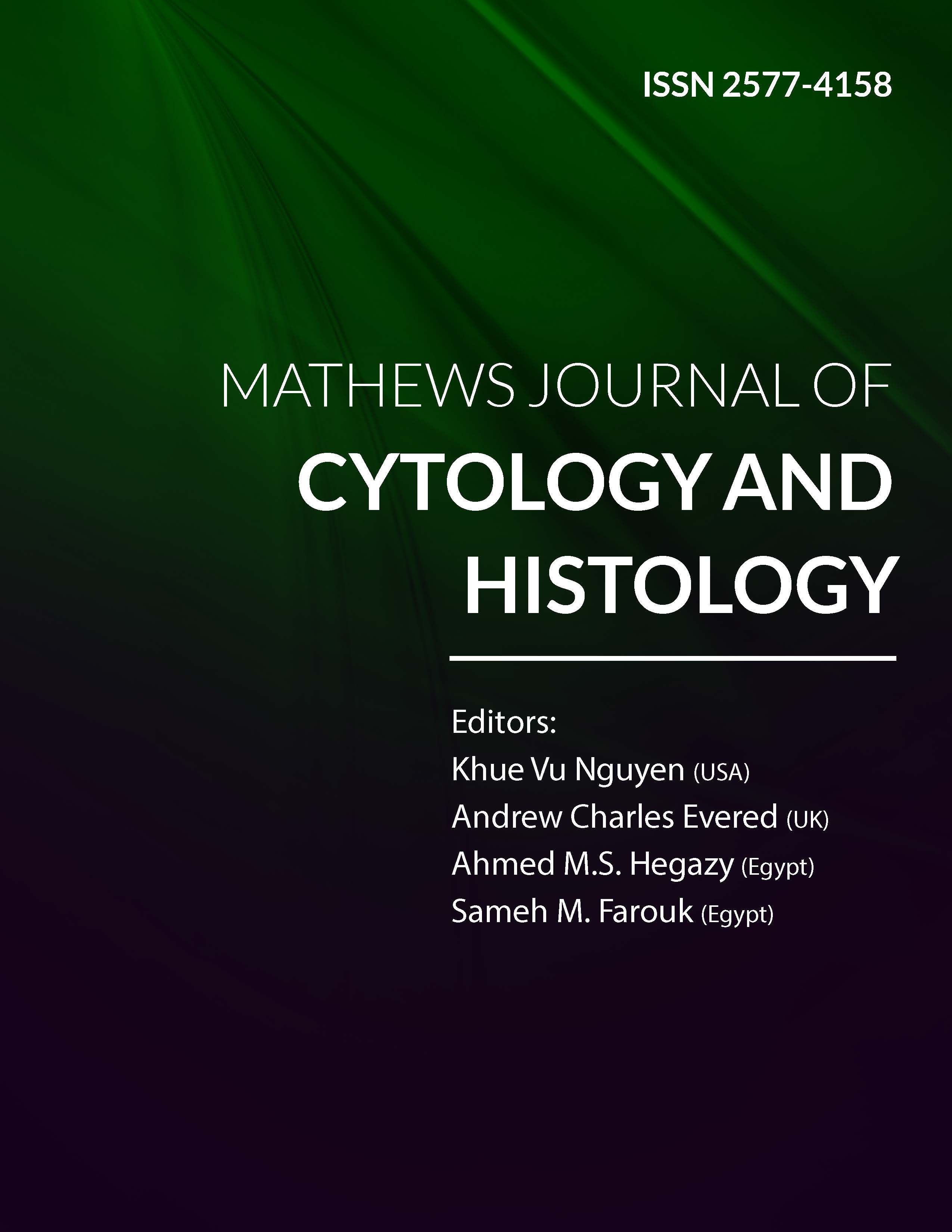
Mathews Open Access Journals follow certain ethical standards to make sure high-quality scientific publications, to attain public confidence in scientific findings.
Plagiarism/ Duplicate Submission: Mathews Open Access Journals firmly encourages original manuscripts and must not use the words, figures, or ideas of others without attribution. All sources must be cited at the point they are used, and reuse of wording must be limited and be attributed or quoted in the text. The content should not be submitted/ published elsewhere with other publishing groups. Our quality control teams check for the plagiarism through software to detect the overlapping of content and similar text in submitted manuscripts. Manuscripts that are found to have been plagiarized from a manuscript by other authors, whether published or unpublished, will be rejected and the authors may incur sanctions. Any published articles may need to be corrected or retracted.
Data Fabrication and Falsification: If the submitted manuscripts are found to have either fabricated or falsified research work, i.e. methods, experimental results, including the manipulation of images will be immediately rejected.
Conflicts of Interest: Authors must declare all potential interests in a ‘Conflicts of interest’ section, which should explain why the interest may be a conflict. If there are none, the authors should state “The author(s) declare(s) that there are no conflicts of interest regarding the publication of this paper.” Submitting authors are responsible for coauthors declaring their interests.
Human and Animal Rights: Ethical clearance documents need to be provided if applicable. The work involving animal models and human volunteers need to submit the necessary statements.
In the above publication ethical cases if the violations are found, the editorial office is authorized to take action accordingly.
Published : 31st October 2025
Authors : Agussalim1,*, Citrawati2, Masdiana AR3, Syarifuddin1, Abd Rahman1, Syamsir1, Muhammad Saleng1
Citation : Agussalim, et al. (2025). The Role of TP53 Gene Mutations in the Pathogenesis of Breast Cancer. Mathews J Cytol Histol. 9(2):33.
Published : 08th July 2025
Author : Siniša Franjić*
Citation : Franjić S. (2025). Muscular Dystrophies and Stem Cells Treatments. Mathews J Cytol Histol. 9(1):32.
Published : 28th March 2025
Authors : Waqas Saifullah Khan1, Shahan ur Rabi2, Raza Rabbani3, Dawood Khan4, Muhammad Haseeb khan5, Shehryar Khan6, Elham Shakil7, Avijit Debnath8, Zulfiqar Ahmad9, Naveed Ahmad10, Ubaidullah Shah11, Furqan Ul Haq12,*
Citation : Khan WS, et al. (2025). Unraveling Thrombocytopenia, A Study of Platelets Indices in Varied Etiologies. Mathews J Cytol Histol. 9(1):31.
Published : 21st January 2025
Authors : Issa Oumarou BS*1,2, Hama Aghali Nouhou3, Hamani Issaka4, Hamadou Ibrahim4, Simon Azonbakin1, Yadji Guero Laila1,4, Sewadouno Faya Daniel1, Anatole Laleye1
Citation : Issa Oumarou BS, et al. (2025). Study of the Hepatoprotective Activity of the Hydroethanolic Extract of the Roots of Cochlospermum tinctorium Perr. A. Rich in Wistar Rats. Mathews J Cytol Histol. 9(1):30.
Published : 30th September 2024
Authors : Boaz Gaventa1, Graham Martin1, Alok Abraham Matthew1, Lewys Burnett-Jones1, Sanji Lalchan2, Therese-Mary William1,2,*
Citation : William T, et al. (2024). Evaluation of the Most Effective Method of Measuring Bilirubin Concentration in Neonates. Mathews J Cytol Histol. 8(1):29.
Published : 07th May 2024
Authors : Essien-Ibok MA1, George UU2,*, Abiaobo NO3, Mbong EO4
Citation : Essien-Ibok MA, et al. (2024). Evaluation of the Toxic Potentials and Histopathological Variations in Clarias gariepinus Fingerlings Exposed to Ethanolic Extract of Costus afer. Mathews J Cytol Histol. 8(1):28.